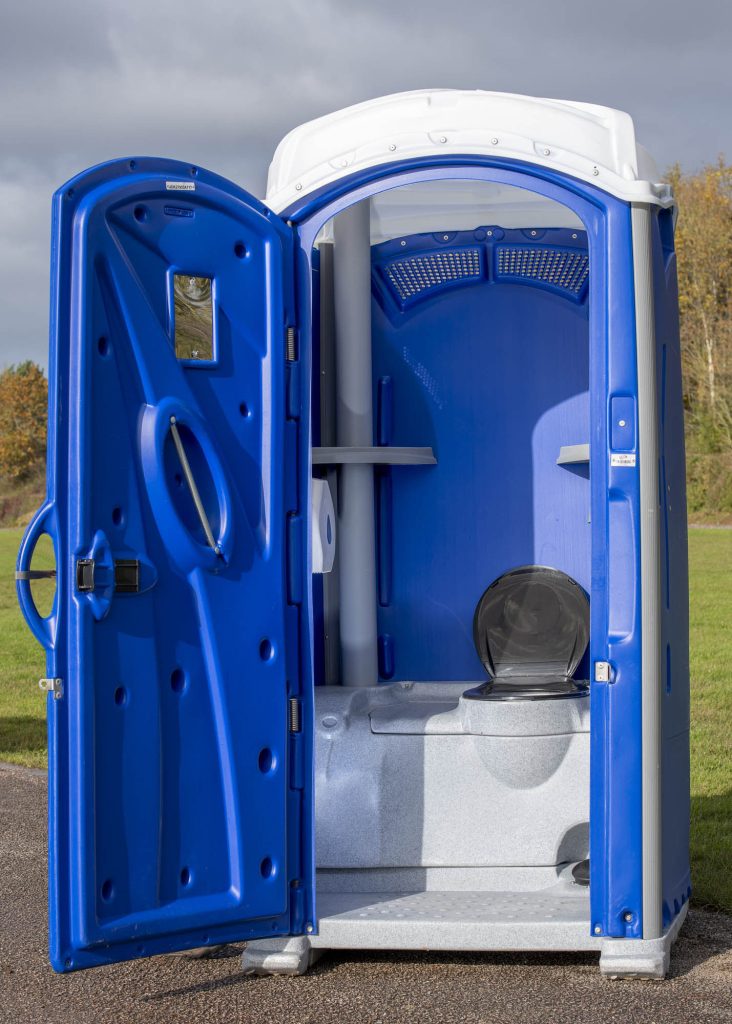Chemical toilets represent a transformative innovation in enhancing outdoor adventures, offering unparalleled convenience and environmental responsibility. Designed for portability and ease of use, these toilets utilize chemicals to break down waste effectively, ensuring minimal impact on the surrounding environment. This technology has revolutionized the outdoor experience by addressing fundamental human needs without compromising natural landscapes. One of the key advantages of chemical toilets is their portability, making them ideal for remote locations where traditional plumbing infrastructure is absent. Whether camping deep in the wilderness or exploring remote hiking trails, these toilets provide a sanitary solution that enhances comfort and accessibility. Their lightweight and compact design allow adventurers to carry them easily, ensuring that basic hygiene needs are met without adding significant bulk to their gear. Moreover, chemical toilets contribute to environmental sustainability by utilizing chemical agents that accelerate the decomposition of waste. These chemicals, typically biodegradable, facilitate the breakdown of organic matter into harmless byproducts, reducing the ecological footprint of outdoor activities. This approach ensures that human waste does not accumulate in sensitive ecosystems, preserving the natural beauty of wilderness areas for future generations.

In terms of functionality, modern Losstaand chemisch toilet are designed with user convenience in mind. They are equipped with secure, leak-proof containers that prevent spillage and odors, maintaining a hygienic environment even in challenging outdoor conditions. Some models feature advanced ventilation systems that further minimize unpleasant odors and enhance user comfort, making them suitable for extended use during extended camping trips or outdoor events. Furthermore, the adoption of chemical toilets promotes responsible waste management practices among outdoor enthusiasts. By providing a hygienic alternative to makeshift solutions like digging cat holes or burying waste, these toilets mitigate the risk of contamination to water sources and soil. This proactive approach to waste disposal aligns with principles of Leave No Trace ethics, fostering a culture of environmental stewardship among outdoor communities worldwide.
Beyond their practical benefits, chemical toilets also contribute to enhancing the overall outdoor experience by promoting a sense of safety and well-being. Accessible sanitation facilities reduce the stress associated with managing bodily functions in remote settings, allowing adventurers to focus more on enjoying their surroundings and engaging in recreational activities. This psychological benefit is invaluable, particularly for families with young children or individuals with medical needs requiring regular access to facilities. In conclusion, chemical toilets represent a significant advancement in facilitating enjoyable and responsible outdoor adventures. Their portability, environmental sustainability, and user-friendly design make them indispensable tools for modern-day explorers seeking to minimize their impact on nature while maximizing comfort and convenience. As technology continues to evolve, these toilets are likely to become even more efficient and eco-friendly, further enhancing their role in supporting sustainable outdoor recreation practices worldwide.